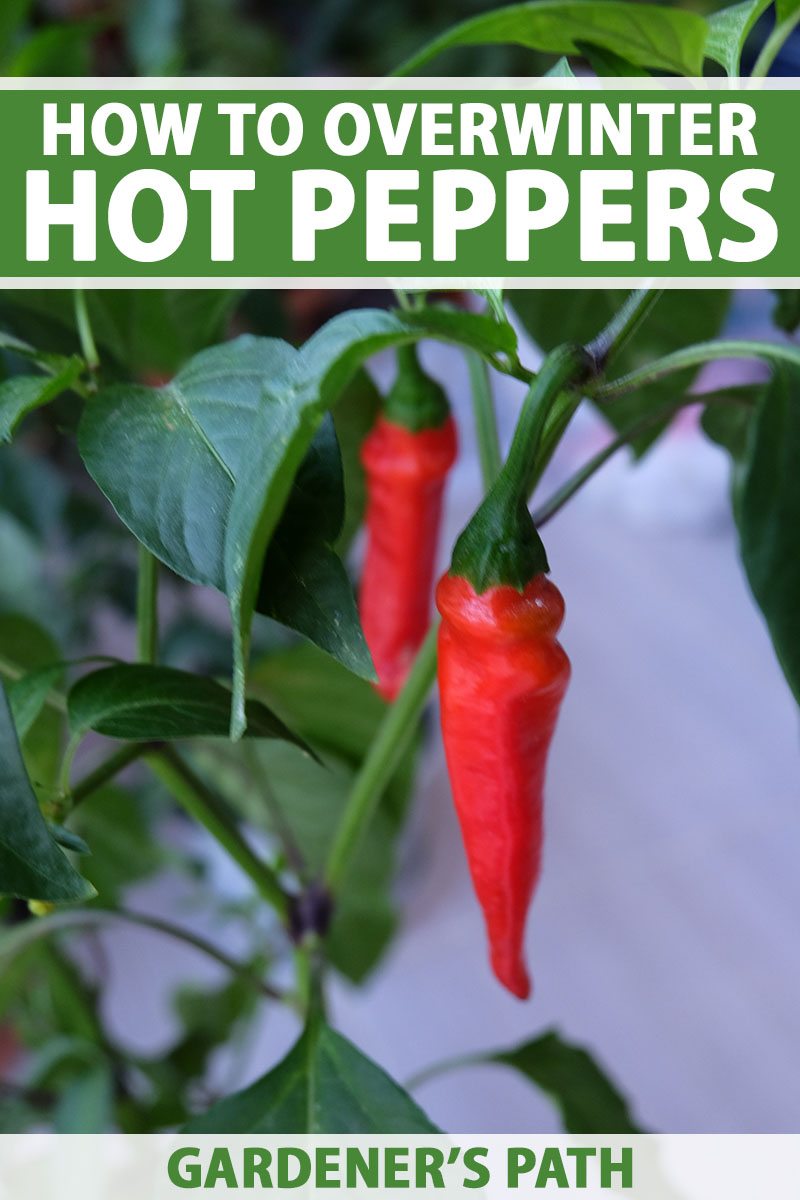Uncover the Best Fertilizers for Peppers: Vital Nutrients for Prospering Plants
Uncover the Best Fertilizers for Peppers: Vital Nutrients for Prospering Plants
Blog Article
Organic Vs. Synthetic Fertilizers: Which Is Best for Nurturing Healthy Pepper Plants?
In the realm of nurturing healthy pepper plants, the choice between synthetic and natural plant foods stands as a crucial choice with significant ramifications. While both options aim to provide essential nutrients to sustain plant growth, the nuances of their influence on the dirt, plant health and wellness, and the environment trigger a discussion that mirrors throughout the gardening area. Recognizing the unique advantages and possible risks of each fertilizer kind is vital for pepper cultivators seeking to maximize their yields while maintaining a lasting and eco-conscious approach.
Advantages of Organic Plant Foods
Organic fertilizers use a sustainable and environmentally-friendly strategy to beneficial pepper plants, offering essential nutrients without using synthetic chemicals. These all-natural fertilizers are acquired from organic resources such as compost, manure, bone dish, and algae, promoting dirt health and biodiversity. Unlike artificial fertilizers, natural choices release nutrients gradually, making sure a steady and well balanced supply for pepper plants to prosper.
One considerable advantage of organic plant foods is their capability to improve dirt structure and water retention. By enhancing dirt health, natural fertilizers advertise valuable microbial task, which aids in nutrient uptake by pepper plants. In addition, natural fertilizers reduce the danger of chemical run-off, protecting water resources from pollution and guarding the environment.
Furthermore, natural plant foods contribute to long-term dirt fertility by promoting the development of advantageous soil microorganisms. These organisms aid break down raw material, releasing nutrients in a kind that is easily available to pepper plants. best fertilizers for peppers. By cultivating a healthy soil environment, natural fertilizers support lasting pepper farming practices that benefit both plants and the setting
Drawbacks of Synthetic Plant Foods
Artificial plant foods, in comparison to their organic counterparts, pose numerous negative aspects when made use of to nurture pepper plants, affecting both plant health and wellness and environmental sustainability. One major downside of synthetic fertilizers is their propensity to seep nutrients from the soil rapidly.
Furthermore, the overuse of synthetic plant foods can contribute to water pollution. Excess plant foods not taken in by plants can remove right into water bodies, causing eutrophication, where algae blooms diminish oxygen levels in the water, harming marine life. Moreover, synthetic plant foods are commonly stemmed from non-renewable resources, such as nonrenewable fuel sources, adding to carbon discharges and environmental deterioration during their production.
Nutrient Absorption Comparison
When contrasting organic and synthetic plant foods in terms of nutrient absorption, organic plant foods have the benefit of providing a much more well balanced and slow-release resource of nutrients. Organic fertilizers consist of a variety of macro and micronutrients that are not just valuable for the plants however likewise advertise healthy and balanced soil microbial activity, which assists in nutrient uptake.
Furthermore, organic fertilizers boost dirt structure and water retention capability, allowing pepper plants to access nutrients a lot more successfully. This better dirt top quality helps with origin growth, enabling much better nutrient absorption. Artificial plant foods, although initially improving plant development as a result of their high nutrient focus, may impede lasting nutrient absorption by derogatory dirt have a peek here health and wellness with time.
Ecological Influence Factors To Consider

On the other hand, artificial fertilizers, although commonly more right away offered and focused to plants, can have destructive impacts on the environment otherwise used correctly (best fertilizers for peppers). Their production calls for high power inputs, causing greenhouse gas emissions and adding to environment modification. Moreover, the drainage of excess synthetic plant foods can pollute water sources, bring about eutrophication and hurting aquatic ecological communities.
Finest Plant Food Practices for Peppers
When fertilizing pepper plants, enhancing nutrient uptake and decreasing environmental impact are crucial considerations. To accomplish this, it is necessary to follow best fertilizer methods customized to the specific requirements of pepper plants. One critical practice is to perform a soil examination prior to using any type of plant foods. This examination can establish the pH degree of the dirt and identify any nutrient deficiencies, assisting you in picking the most suitable fertilizer formula.
An additional important practice is to fertilize pepper plants at the correct time. Usually, peppers take advantage of getting fertilizer at planting and after that once again when they start to flower. Over-fertilizing can bring about vitamins and mineral imbalances and harm the plants, so it is important to comply with recommended application rates.
Furthermore, choosing a well balanced fertilizer with an NPK proportion that fits pepper plants' requirements is basic. Eventually, click this site combining synthetic and natural fertilizers deliberately can aid nurture healthy and balanced pepper plants while lessening environmental influence.
Final Thought

Organic plant foods offer a lasting and environmentally-friendly technique to nourishing pepper plants, supplying essential nutrients without the use of synthetic chemicals. Unlike synthetic plant foods, natural options launch nutrients gradually, guaranteeing a balanced and consistent supply for pepper plants to thrive.
Synthetic plant foods, in comparison to their organic counterparts, present numerous disadvantages when utilized to nurture pepper plants, influencing both plant health and environmental sustainability. When contrasting natural and artificial fertilizers in terms of nutrient absorption, organic fertilizers have the benefit of providing a much more well balanced and slow-release find here resource of nutrients.In addition, organic fertilizers improve dirt framework and water retention ability, allowing pepper plants to gain access to nutrients extra efficiently.
Report this page